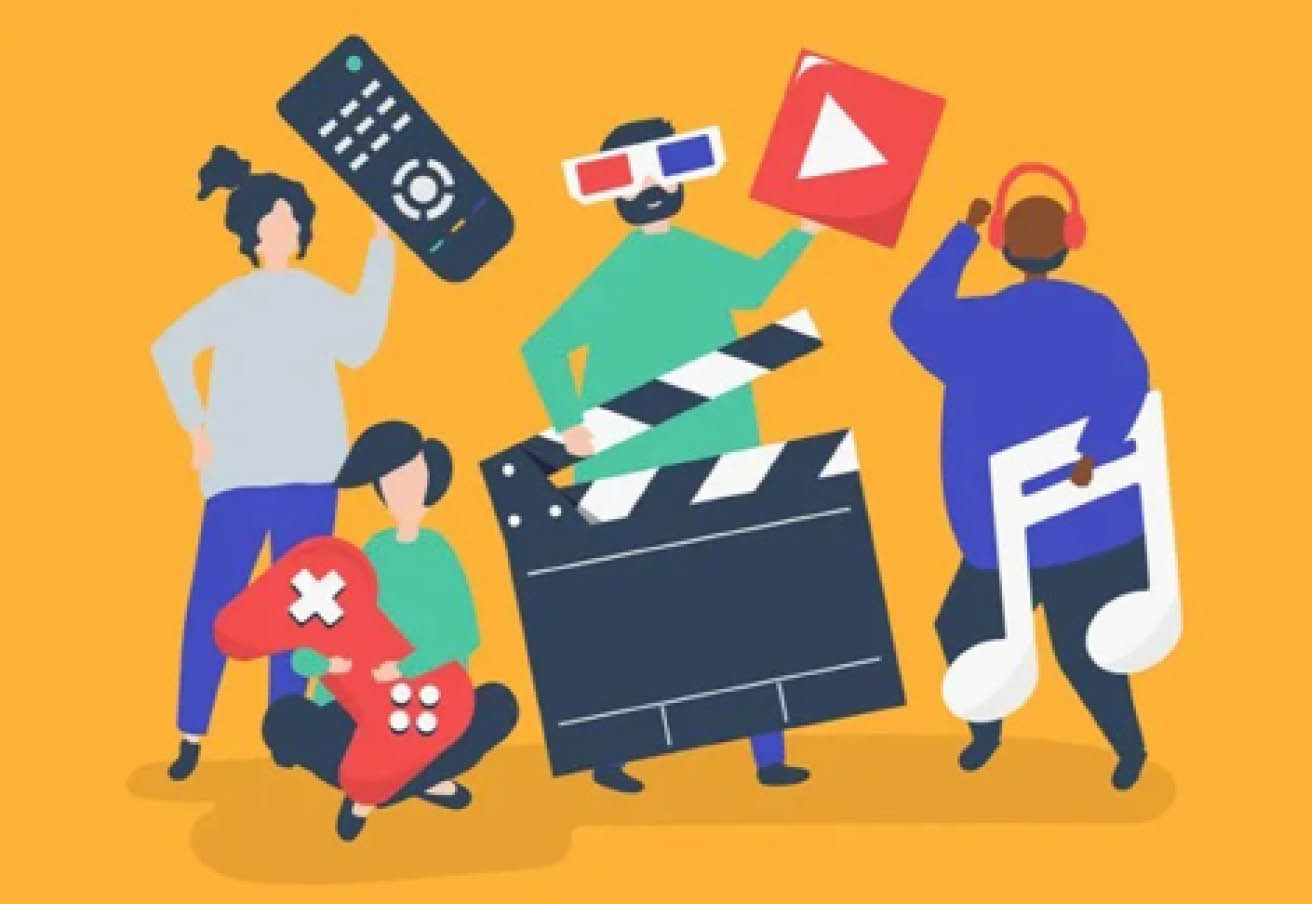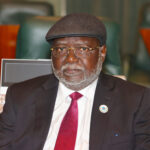The emergence of Information and Communication Technologies (ICT) has given rise to a new genre of journalism practice worldwide. It is citizen journalism.
Citizen journalism began in 1963 when Abraham Zapruder documented the assassination of the then United States President, John F. Kennedy, with his Bell & Howell camera at a time android phones or the internet were non-existent. Citizen journalism is also known as Public or Participatory or Democratic journalism; Guerilla journalism and Street journalism, respectively.
Many scholars have advanced several definitions of citizen journalism and prominent among them is a Nigerian communication expert and renowned scholar, Professor Desmond Onyemechi Okocha. He defines citizen journalism as an emerging genre of journalism in which content is user-generated, user unedited, uncensored, and comes real time. It is a practice whereby people, without any form of training in journalism, take advantage of modern technological communication tools to collect and report breaking news accompanied by live pictures and images to a hungry audience, faster than the traditional or mainstream media.
According to Prof. Okocha, advancement in technology has made citizen journalism to attain greater heights in practice and spread. It has changed event witnesses into reporters; passive media audiences have become unstoppable media actors using websites and the social media, such as YouTube, Facebook, Twitter, Instagram, WhatsApp, Tiktok, blogs etc.
Katsina PPRO transferred after ‘assault’ on journalist
Jonathan: Why My ministers feared Buhari
Today, citizen journalism has made in-roads in Nigeria. According to the National Bureau of Statistics, the number of smartphone subscribers and users worldwide stands at over 7.26 billion in 2022/2023, representing 69 per cent of the global population. Of the number, 170 million are Nigerians. This shows that Nigerians are active users of mobile phones and therefore constitute a large number of citizen journalists.
Many examples abound at home and abroad on citizen journalism as a tool for various purposes, including information sharing during risk/crisis events, increasing involvement in social mobilisation for social action and political campaigns to mention a few.
Citizen journalism social mobilisation activities in Nigeria are the 2012 “Occupy Nigeria Movement” against the removal of fuel subsidy, the 2020 #EndSARS protests against police brutality and the alleged Lekki Toll Gate shooting of the unarmed protesters by the Nigerian Army which live video stream by the female Disc Jockey (DJ Switch) exposed. It was the same video that the CNN later used to conduct a further analysis on the issue. The protest received widespread international support and media coverage.
In addition, during the COVID-19 lockdown in 2020, the only access to information by most Nigerians was the social media platforms because most people had no access to the information published in the mainstream media due to the limitation of movement.
In other climes for example, citizen journalism was at its best with the live streaming on Facebook by Diamond Reynolds of the shooting of her boyfriend, Castilo by the Minneapolis Police in the United States in 2016, the US “Black Lives Matter” Movement of 2013, the Arab Spring Movement of 2010/2011, the 2009 Iranian Green Movement etc.
Hitherto, journalism practice had been squarely made the preserve of professionals in the field; those who have been trained and are qualified practitioners paid to engage in this legitimate practice. Journalism has cannons of professional practice which include accuracy, balance, objectivity, credibility, truthfulness etc.; it has a code of ethics which regulates the conduct of practitioners in the execution of their duties, and regulatory authorities such as the Nigerian Broadcasting Corporation (NBC) and the Nigerian Press Council (NPC).
However, the trust reposed in the mainstream media and the journalism profession became fragile and on the downward spiral long before the advent of citizen journalism. The deficiency of having reporters everywhere events occur causes a lack of speed in information delivery of unfolding events. Traditional journalists are alleged to have openly displayed political, economic, religious and ethnic biases.
The ownership and control of the mainstream media by governments, dictatorial systems and a privileged few also exposed them to undue manipulation, and hampered their effective performance. Hence, citizen journalism became a response to the people’s dissatisfaction with them. All the above and more birthed the unprecedented rise of citizen journalism as an alternative form of news gathering and sharing.
The dynamics of citizen journalism notwithstanding, the practice comes with its dangers and challenges. Some of these include cases arising from disinformation, misinformation, mal-information and fake news.
Disinformation is information that is false, and the person who is disseminating it knows it is false. It is a deliberate, intentional lie that points to people being actively disinformed by malicious actors. An example is the news that the late Chief of Staff of President Buhari, Abba Kyari, died of coronavirus.
Misinformation is information that is false but the person who is disseminating it believes that it is true. One of such is the news in 2014 that Ebola could be prevented by drinking and bathing with salt water, a move which hospitalised and claimed a number of lives across the country.
Mal-information is information that is based on reality but is exaggerated and used to inflict harm on a person, organisation or country. An example was the news that the long absences of President Buhari due to ill health had resulted in death, and had been replaced by a Sudanese double.
Fake news is information that has been deliberately fabricated and disseminated with the intent to deceive and mislead others into believing falsehoods. The picture attached to the story by AIT on Facebook about the Nigerian driver who conveyed the Italian that tested positive of the COVID-19 virus from the airport to his hotel was of someone else.
To stem the tide of this unfortunate trend, the Nigerian government banned Twitter for over six months for fear that social mobilisation like the #EndSARS and the Igbo Youth Movement were capable of undermining the corporate existence of the country. Government has also pushed to regulate social media through the proposed National Broadcasting Commission (NBC) Act Amendment Bill. More legislations being considered include a Data Protection Bill, a bill expanding criminal penalties for online speech and one that extends the NBC’s mandate to online content hosts.
Other measures to check the activities of citizen journalism should include increased media literacy and sensitisation strategies for the public through adverts, jingles, flyers, and posters on print, TV, radio and social media. Citizens should check the source and integrity of information received before sharing. Media literacy should be part of the regular curriculum in primary, secondary and tertiary institutions in Nigeria. Carriers of disinformation, misinformation, mal-information and fake news should be sanctioned by government/relevant agencies or face litigation to serve as a deterrent to others.
Finally, the mainstream media should engage in self-examination to discover and fill in the gaps it created which must have given rise to the emergence of citizen journalism or lose their power of social mobilisation.

 Join Daily Trust WhatsApp Community For Quick Access To News and Happenings Around You.
Join Daily Trust WhatsApp Community For Quick Access To News and Happenings Around You.